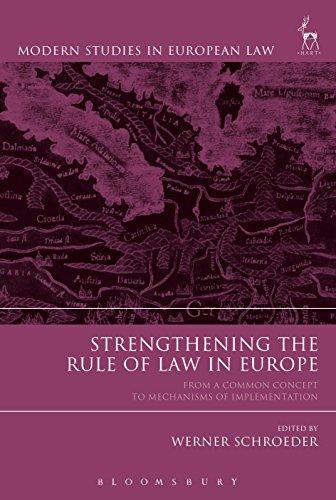Question
A report https://ico.org.uk/media/for-organisations/documents/2013559/big-data-ai-ml-and-data-protection.pdf published in 2017by the UK's Information Commissioners Office (ICO), titled Big data, artificial intelligence, machine learning and data protection, examines how the
A report https://ico.org.uk/media/for-organisations/documents/2013559/big-data-ai-ml-and-data-protection.pdf
published in 2017by the UK's Information Commissioners Office (ICO), titled "Big data, artificial intelligence, machine learning and data protection," examines how the Big Data age challenges the European data protection law principle of the "purpose limitation" [p. 37]: Some suggest that big data challenges the principle of purpose limitation, and that the principle is a barrier to the development of big data analytics. This reflects a view of big data analytics as a fluid and serendipitous process, in which analysing data using many different algorithms reveals unexpected correlations that can lead to the data being used for new purposes. Some suggest that the purpose limitation principle restricts an organisation's freedom to make these discoveries and innovations. Is te principle of purpose limitation is indeed a barrier to Big Data analytics, or is the formulation of the principle in Article 5(1)(b) in the GDPR broad enough to overcome these concerns? And if there is indeed a problem unfolding, could it be mitigated by technological measures? Should the GDPR should be modified to take these concerns into account? If so, what specific changes would you propose?
Step by Step Solution
There are 3 Steps involved in it
Step: 1

Get Instant Access to Expert-Tailored Solutions
See step-by-step solutions with expert insights and AI powered tools for academic success
Step: 2

Step: 3

Ace Your Homework with AI
Get the answers you need in no time with our AI-driven, step-by-step assistance
Get Started


